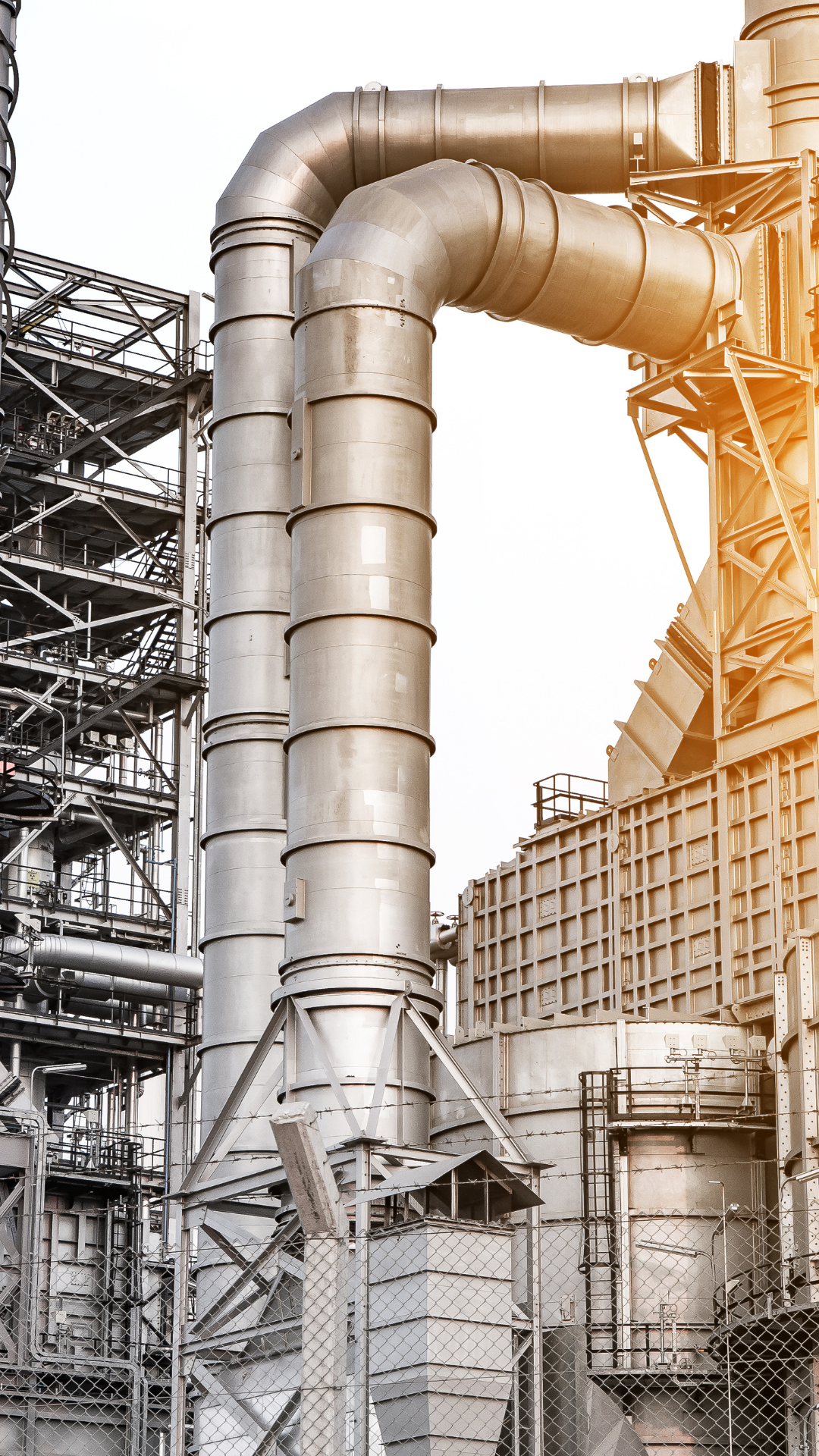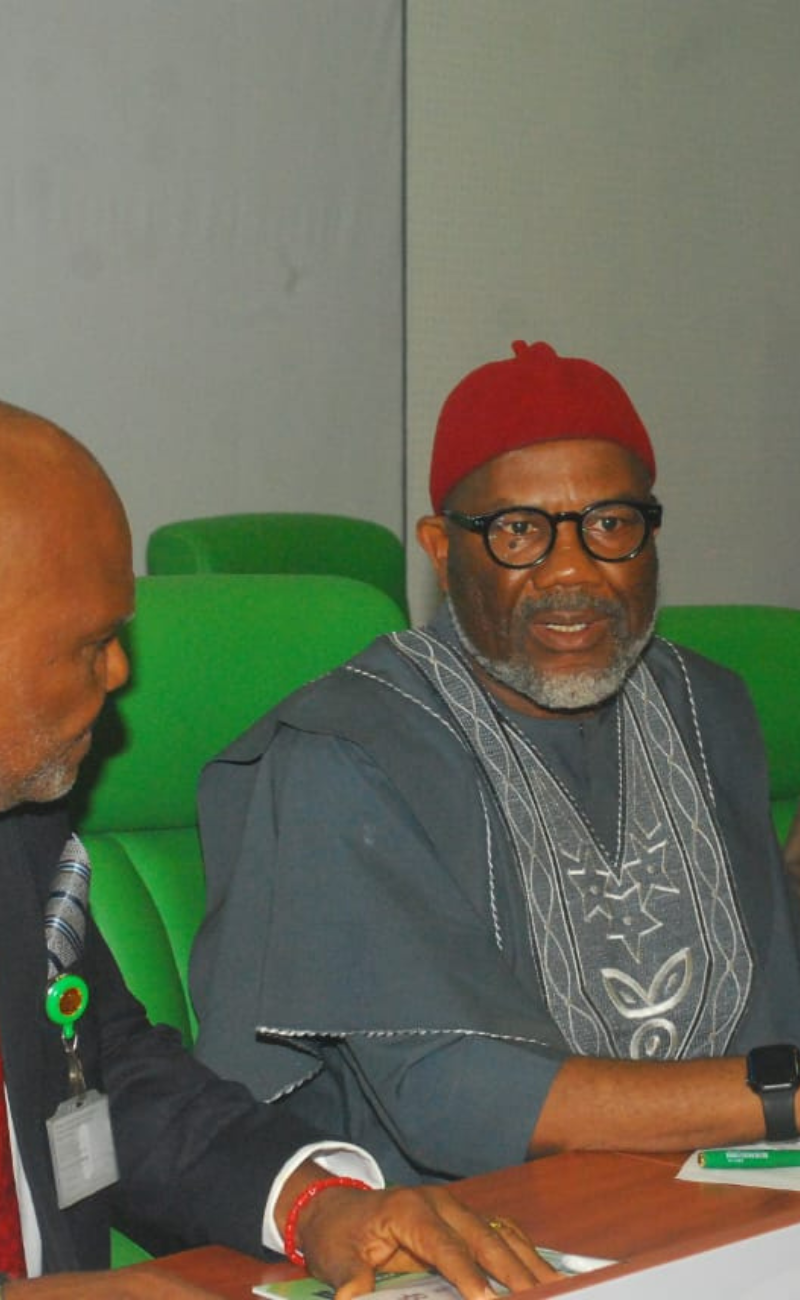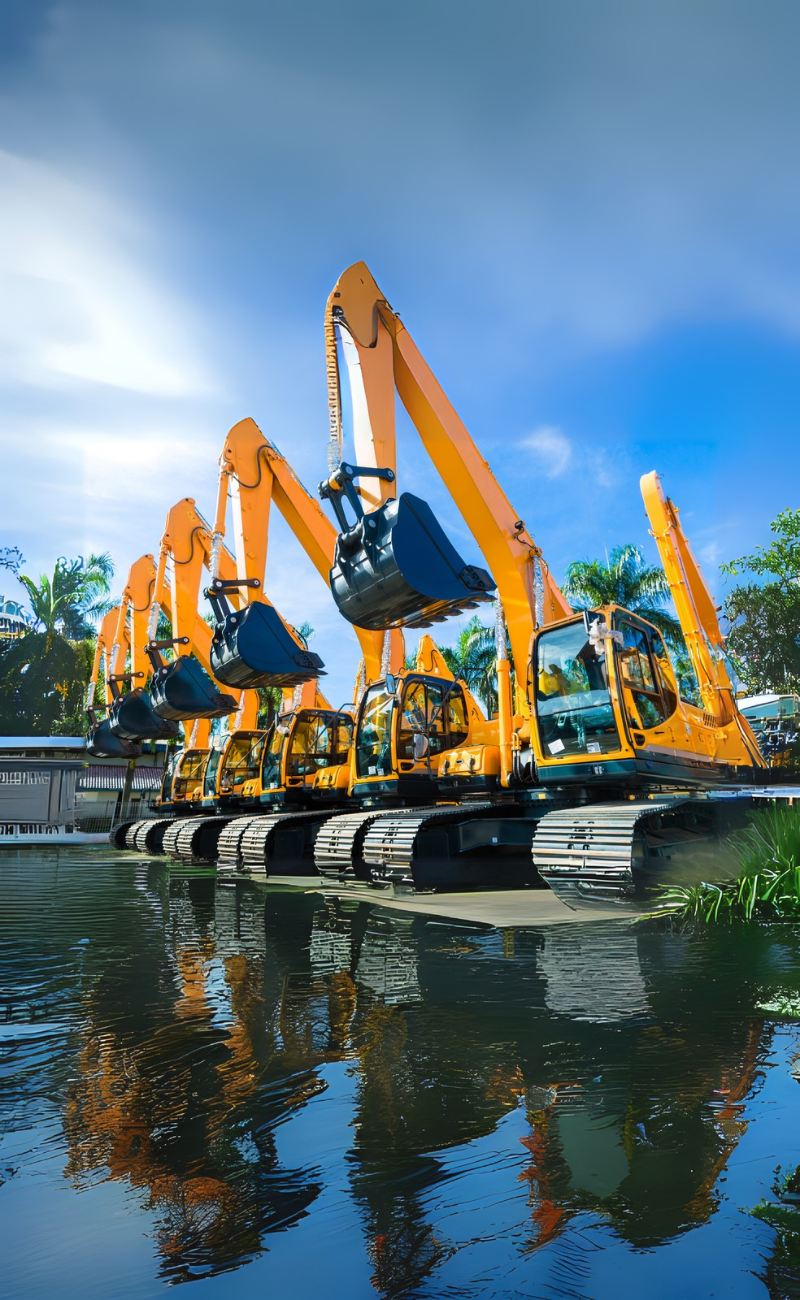For years, billions of naira have been invested in the rehabilitation of Nigeria’s refineries with little to no tangible results. Now, in a decisive move, the House of Representatives is set to investigate the circumstances surrounding these failed rehabilitation efforts.

The House of Representatives Committee on Petroleum Resources (Downstream) has announced its plans to investigate the huge investments made in the Turn Around Maintenance of the nation’s key refineries.
The aim of this investigation is to uncover why the projects have failed to yield meaningful results especially as the facilities are now being considered for sale.
This was revealed at a news conference where the Chairman of the Committee, Rep. Ikenga Ugochinyere (PDP, Imo), lamented the disappointing outcome following initial enthusiasm that welcomed the revival of the Port Harcourt and Warri refineries.
He stressed that the investigation will focus on identifying what went wrong, especially given that a reputable company was contracted for the TAM. He emphasized that these findings are critical and will be thoroughly pursued before any final decisions are made about the fate of the refineries.
The committee also acknowledged the several petitions it has received concerning issues in the petroleum sector. It pledged to find lasting solutions to these issues, especially regarding the provision of stock for modular and local refineries.
READ ALSO: Allow Independent Marketers to lift fuel Reps tell NNPCL, Dangote Refinery
Responding to stakeholder concerns over unfavorable policies and the alleged takeover of petroleum products transportation/retailing by Dangote Refinery, Rep. Ugochinyere revealed that the committee will reopen investigations into the acquisition of OVH Energy and the grievances raised by NNPC Retail staff.
He further stated that the House is considering amendments to the Petroleum Industry Act (PIA) to address emerging gaps not originally covered in the legislation. The committee plans to compile these proposed amendments for presentation and approval by the House, with the aim of strengthening the Nigerian Midstream and Downstream Petroleum Regulatory Authority (NMDPRA) and the broader downstream sector.
Rep. Ugochinyere assured that the House would not tolerate monopolistic practices of any sort in the oil sector. He reaffirmed the sub-committee’s commitment to fast-track all pending referrals, address critical issues threatening sustainability in the downstream space, and ensure a more vibrant and competitive industry.
He also disclosed plans for the House to host the inaugural edition of its Downstream Petroleum Week, beginning October 2, 2025.
READ ALSO: Dangote Refinery: Key Timelines of a Beleagued Petrodollar Plant
Rundown of TAM Over the Years
Nigeria’s efforts to rehabilitate its state-owned refineries span over two decades, with billions of dollars committed through successive administrations to revive these critical assets. The country’s four refineries (two in Port Harcourt, and one each in Warri and Kaduna) have long suffered from mismanagement, pipeline vandalism, and poor maintenance, leading to chronic underperformance or total shutdown.
Between 1993 and 1998, approximately $216 million was spent on refinery maintenance under General Sani Abacha’s regime, followed by another $92 million under President Abdulsalami Abubakar.
The Obasanjo administration (1999–2007) committed about $1.57 billion to refinery repairs, yet these facilities remained largely inefficient. Subsequent expenditures included $200 million in 2009, $900 million in 2012, and $1.6 billion in 2013, all with minimal impact on refining capacity.
In 2012, the Goodluck Jonathan administration also unveiled a $1.6 billion rehabilitation plan, which later stalled due to corruption allegations and contractual disputes. Despite further allocations under later administrations, the refineries remained idle or significantly underperforming.
In 2021, the Federal Executive Council approved a fresh $1.5 billion rehabilitation contract for the Port Harcourt Refinery, to be executed in phases by Italian firm Tecnimont. The first phase was scheduled for completion by early 2023, but as of mid-2025, operations are yet to resume.
Similar contracts were awarded for Warri and Kaduna refineries with separate budget lines, but with no substantial progress.
These repeated, costly interventions largely lacking in transparency and measurable impact have drawn widespread public criticism. Despite decades of investments, Nigeria continues to rely almost entirely on fuel imports, exposing the country to global price shocks and foreign exchange volatility.



